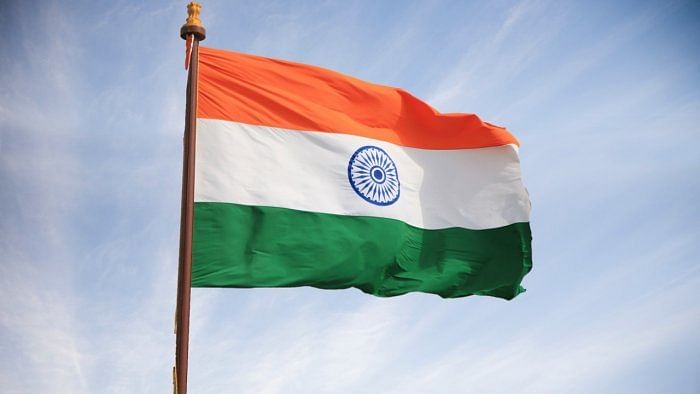
In our precious land, there is so much to be outraged over. Daily, there is something new to have us fuming and oh so eager to display our patriotism, at least online, and sometimes more dangerously, as a mob, in the real world.
The latest issue to have the whole country up in arms is China renaming parts of Arunachal Pradesh, which they have stealthily occupied. How strange that we should all be charged up about these Chinese christenings when we were earlier willing to believe that nobody had dared to enter Arunachal. The act of illegal occupation seemed less dangerous, and when we were made aware of it, we went on about the first PM Nehru losing the 1962 War to China and some territory too. That loss seemed more of a sin than the more recent one, but the present act of renaming is simply unforgivable.
I wonder if it struck any of us that China might have been taking a cue from us in this matter of giving names. Ever since he took charge, the Chief Minister of Uttar Pradesh has been on a name-changing binge. Since Allahabad was the choice of the Mughal Emperor, Akbar, it obviously must now become Prayagraj, since it is at the confluence of the two holy rivers, the Ganga and the Jamuna, and is also the place where the Kumbh Mela is held once every twelve years, attracting many devotees.
Unsatisfied with this name change, the UP Government next decided to alter the name of the Mughalsarai railway station to Deendayal Upadhyaya Station, after their ideological ideal. This station was established by the British in the 19th century and played a pivotal role in helping them transport goods from the north to the eastern port cities. The Mughals had nothing to do with the naming, but it had to go because of the association!
But we patriots will say that it was not we who gave China the idea of these name changes. It has to be the British who started it, as they could not pronounce Indian names right. Now, many cities and towns are reverting to their old pre-British names, but even if you go to Michelin-starred restaurants in many parts of the world, including the UK, you will find this fancy-sounding Mulligatawny Soup on the menu. Even nationalist Indians will have to admit that this version sounds a great deal better than its original Melagatani or Pepper Rasam.
As you run a government, it is very important to show progress. The latest in a series of historical airbrushing is the removal of Mughal history, the involvement of the RSS in the assassination of Gandhiji, and the role of the Congress in India’s freedom movement from the NCERT textbooks for high school students. In a TV debate on the subject, the defence of these actions by J S Rajput, the former director of NCERT, sounded as tepid as "na koi wahan hamari seema mein ghus aaya hai, na hi koi ghusa hua hai."
Like in the history of book and cinema bans, people are always curious to find out what is being hidden. So presumably, young students who spend more time online will surely go about trying to discover what this kerfuffle is about. Or, if they are subscribers to What’sApp University, they might get many versions. The confusion might result in them thinking like the student in the Hindi movie who sang, "Sikandar ne Porus se ki thi ladai, se ki haata pai, toh main kya karun," translating as "if Sikandar and Porus fought, what should I do about it?"
In one sense, it might well be a breather for the Mughals, and more so for those who are called their descendants. Their reply can now be, "Descendants of whom?"
But I suspect that things may get harder for Nehru and, of course, his descendants, as, with so many Vidhan Sabha elections around the corner and the big stakes of Lok Sabha next year, a new enemy will have to be created. This time, Pakistan might prove to be a problem; given its state of decline, it can hardly be prodded to go to war.
The target could shift within, with so many guilty of chewing hard on their pan with an extra dose of supari.
Germany chose to retain the darkest period of its history so that subsequent generations could learn and not be "condemned to repeat." I guess it will be a while before we loyal nationalists learn.